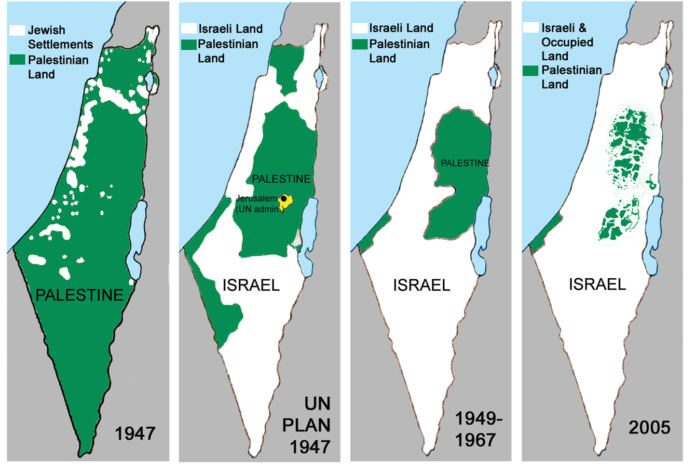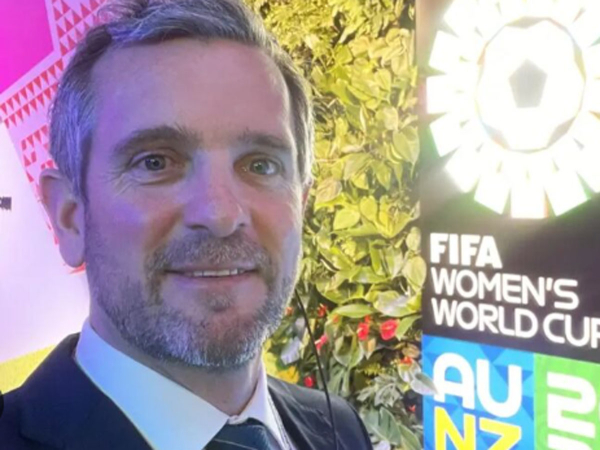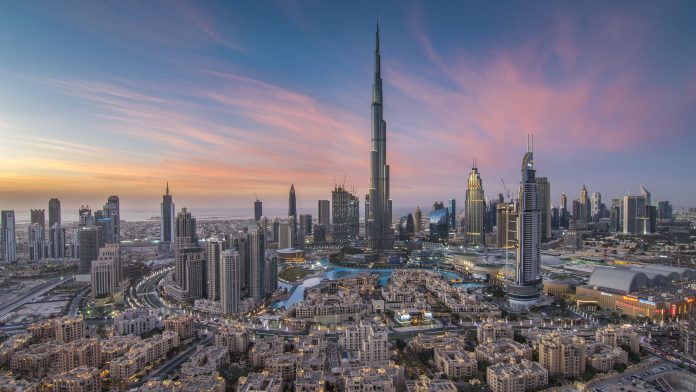[ad_1]

Ilan Pappé is an expatriate Israeli historian and socialist activist. He is a professor with the College of Social Sciences and International Studies at the University of Exeter in the United Kingdom, Director of the university’s European Centre for Palestine Studies and co-Director of the Exeter Centre for Ethno-Political Studies.
Transcript of last part of Ilan Pappe’s interview with Dr Nick Maynard
Maynard: You’ve consistently said that a one state solution is the correct solution to the Israel-Palestine situation. Is that still your belief, and perhaps you could expand on why you think that and what you believe is the right way forward.
Pappe: Yes, I’m part of a group of mainly Palestinians and as you can imagine a small number of Israeli Jews, who are a part of something called the One Democratic State Initiative. We believe that whether we supported it in the past or didn’t support it in the past, we believe that the 2 state solution is dead for all intents and purposes. And actually we all, everyone who lives between the River Jordan and the Mediterranean, is already living under one state. It’s one apartheid state, which has a matrix of legal regimes for different groups of Palestinians. But all in all this state controls every part, including Gaza. It can tighten the siege on Gaza if it wants, it can allow people to live a bit better and so on. So this is one state and the two state solution was defeated by the Judaisation, the vast Judaisation of the West Bank, which goes on, and under this current government is even accelerated and intensified. So I think it’s ridiculous to continue and talk about a space that doesn’t exist as a future space for a nation state, or a sovereign state.
The second thing I would like to say about it is that of course nobody underestimates the difficulties in creating a joint state with millions of Israeli Jews who would not give up the privileges they have, the control that they have and so on. So I think probably even more important than talking about the vision of the future it’s far more important to rethink the language we are using for what we are hoping would happen in Palestine. I think for too many years we were using the discourse, the language of peace, as if there was a paradigm of parity between the two parts that only need a bit of prodding from the outside to make peace between themselves. And that’s the basis of the two state solution. I think we all realise that this is not true, that the Palestinians have been and are colonised by Israel. It’s not a war between Israel and the Palestinians. It’s a project of colonialism and the Palestinians are trying – not very successfully – to wage an anti-colonialist war against that colonisation. So we are looking for decolonisation in the 21st century, which sounds a bit bizarre because people think that decolonisation already happened. But it didn’t happen in Palestine yet. And decolonisation means only one thing which is important for the time being, that unlike what happened in the past 50 years, the Palestinians have to lead the way into the post colonial Israel and Palestine. The Palestinians should tell the Israelis how they view millions of Jews in a future political structure rather than the Israelis telling the Palestinians where they can live and how they can live and if they can live at all.
I think that’s the kind of change I believe in, and then I think, as difficult as building a joint state would be, whether it would be a federated state or not, that doesn’t matter, there will be the energy and the capacity to do it; but first of all there needs to be an understanding of the existential danger the Palestinians are facing from a settler-colonial project that has not ended its mission and is continuing to implement its policies because the West is silent, in many ways is supportive of this project of dispossession.
[ad_2]
Source link





















